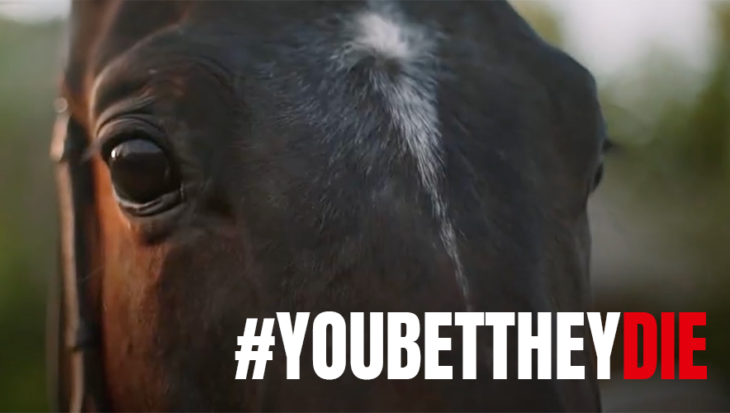Decapod crustaceans include crabs, lobsters, prawns, shrimps, nephrops (known as langoustines) and crayfish and, fascinatingly, inhabit almost every corner of the world! They’ve been around a long time too, evolving nearly 450 million years ago, and while they might not be fluffy or cute to some, animal rights tell us that they are equally deserving of respect and compassion.
A government report published in November 2021 concluded that decapod crustaceans do indeed feel pain. A year later, in 2022, they were formally recognised as “sentient” for the first time in UK legislation – and yet, they remain completely unprotected by law.
Decapod crustaceans in the food industry
Every year, over 420 million decapod crustaceans are ‘landed’ by UK vessels into UK ports and a further five billion are imported. Our friends at UK charity Crustacean Compassion have identified poor welfare at every step of the ‘sea to plate’ journey including capture, live transport, storage, stunning and slaughter. These delicate creatures are exposed to unimaginable harms, such as declawing, live dismemberment, ‘eyestalk ablation’ (where the eyestalks of female prawns are torn off to encourage reproduction) and being boiled alive.
If you think crustaceans deserve better, please pledge to leave them off your plate and choose vegan instead:
Download a FREE Guide to Going Vegan




